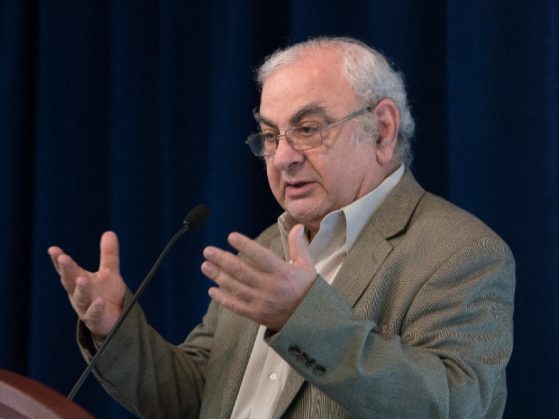
Gerard [Jirair] Libaridian is an eminent Armenian scholar and diplomat who also served briefly as deputy foreign minister of Armenia under the presidency of Levon Ter-Petrosyan. During the 1990s, he carried the diplomatic negotiations with Turkey and Azerbaijan over the Karabakh conflict. Ter-Petrosyan and Libaridian had correctly judged that, militarily, the balance of power would shift in Azerbaijan’s favor and that the time was on Azerbaijani side. Thus, Libaridian and Ter-Petrosyan earnestly strove to find a peaceful solution to that conflict, but their attempts were stymied by the hardliners inside Armenia and were completely reversed after the resignation of Ter-Petrosyan.
Since the last summer, Libaridian made several critical and important observations regarding Armenia’s foreign policy mistakes concerning the Karabakh conflict. Even before the war started, on 1 September, Libaridian predicted that the conflict had entered a new phase because of the support Azerbaijan would receive from Turkey. Libaridian noted that following the developments in the summer of 2020, “our ability to influence the resolution of the Karabagh conflict has diminished by a significant measure.”
According to Libaridian;
“Last month Armenia made the Sevres Treaty an important part of the country’s foreign policy. For Turkey that became the most important part. I don’t know if our leaders did so knowingly, but the statements by the President and Prime Minister of Armenia were equivalent to a declaration of at least diplomatic war against Turkey.”
Thus, by adopting the Treaty of Sevres as an instrument of foreign policy, “Armenia placed the demand of territories from Turkey on its agenda.” Such remarks were not only needlessly provocative, but they would also lead to the definition of the Karabakh conflict as an Armenian attempt at territorial expansion “in the eyes of our opponents and the international community.” Libaridian noted that these reckless statements by Armenian leaders pushed Turkey to provide additional support to Azerbaijan and helped Azerbaijan convince Turkey “that its defeat was also Turkey’s defeat, thus engaging Turkey fully in the problem.”
Libaridian was also correct in noting that a renewed conflict over Karabakh would not bring any automatic support from Russia and that Russia would work out to secure its own interests first and foremost; “It is most probable that during this process, to dissipate the threat presented by Turkey, at a convenient moment, Russia will present demands for concessions from the Armenian side, concession which Moscow has been expecting from Yerevan for a long time.”
For the most part, the subsequent events and the second Karabakh War, fought from 27 September to 10 November, proved Libaridian correct and many considered Libaridian’s article of 1 September almost prophetic.
In analyzing the Armenian defeat and post-war agreement, Libaridian further expanded his criticism of the Armenian policy over the Karabakh conflict. Libaridian held Prime Minister Nikol Pashinyan responsible for his naiveté and poor leadership and for his “fundamentally misplaced and dangerous belief that a democratic Armenia will secure the international support for Armenia’s position on the Karabakh problem, [and] that the ‘West’ cares more for democracy than it does for its interests”, as well as “his unwillingness to act as a statesman and negotiate the return of occupied districts in an orderly and peaceful manner in return for equivalent security guarantees for our people on their land and for peace.”
Libaridian exposed some basic flaws in the Armenian political thinking, namely Armenia’s indifference to and refusal of the demands of the international community while at the same time hoping to use that community’s support to enhance its position;
“The West, the East, the South and the North have been telling us for over 20 years that (a) they will not recognize Karabakh’s independence, and (b) they consider the Armenian-controlled seven districts adjacent to Karabakh as occupied districts and that … we must return them... Having ignored them for so long, we still appealed to the West to help us keep the seven districts and to recognize Karabakh’s independence when we started losing the war.”
Libaridian deplored the lack of any critical and sober analysis on Armenia’s part regarding the Karabakh conflict, the changing military balance between Azerbaijan and Armenian, and regional dynamics and other factors;
“Our problem is our political culture that relies on dreams rather than hard facts; the way we strategize, the way we easily set aside what the outside world and our antagonists say and do if these disturb any of our prejudices and predetermined beliefs. We adjust political strategy to our wishes, to what will make us feel good about ourselves rather than take into consideration the simple facts that collectively make up the reality around us. Our problem is the way we allow our judgment to be obscured by … our illusions. Our problem is the way we insist on overestimating our capabilities so that we would not question our strategy and compromise our dreams. We thought that our strategy ‘not give an inch back’ was the right one because our cause was just. And we believed we could bend the will of the enemy and of the international community and have them think and feel the way we do… We thought our dreams were so noble that just having them constituted a political program and telling the world about them can replace strategic thinking.”
Libaridian notes that the course of events that resulted in a catastrophic Armenian defeat was predictable and if the Armenian leaders had chosen wise policies based on realities and critically grounded strategy this disaster could have been avoided:
“We should have never gotten into a war when we know that Azerbaijan was getting stronger, when we know that Turkey is more supportive of Azerbaijan, when we know that the world did not agree with us on two of our expectations: [Firstly] that we could keep seven districts that were Azerbaijani and were under our control. The world, every country, our friends and enemies, Russia, Turkey, Iran, everyone has been telling us that ‘you have to return those seven districts.’ Secondly, they have been telling us for 30 years ‘we will never recognize Karabakh’s independence.’ We ignored all of that and we didn’t think it mattered.”
Libaridian thus argues that a sane policy grounded on realities could have foreseen and avoided this disastrous defeat. According to Libaridian, Armenian Prime Minister Pashinyan himself never offered a peace plan and he never warned about the risks of a new war, but former President Ter-Petrosya had done it. It may be useful to remind readers in this connection that in an earlier interview, Ter-Petrosyan observed that in 1997 there was a chance of peace through compromise but hardliners inside Armenia rejected it. Ter-Petrosyan concluded that “if Armenia will face a catastrophic situation, it will be our fault. Only our fault.”
Looking to the future, Libaridian sees little chance of changing the 9 November agreement in Armenia’s favor and noting that Russian President Vladimir Putin made it very clear to the Armenians that if they did not agree to sign an agreement, then Armenia would lose everything. He thinks the peace terms, which are constructively vague, will only be negotiated by Russia and Azerbaijan and to some extent by Turkey. He sees this as an inevitable result of the Armenian defeat at war but also Armenia’s failure to have communication channels with Azerbaijan and Turkey. As a result of this, Armenia has to accept that its interests will be decided and negotiated in Russian terms. For Armenia to maintain and strengthen its independence, Libaridian suggests Armenian leaders to come to terms with Azerbaijan and Turkey and stop considering them as enemies, and instead, consider them as neighbors. Only then will Armenia be able to negotiate its own interests independently rather having them dictated on itself by other powers.
Otherwise, Libaridian argues that the erosion of Armenia’s independence and its reliance on other powers to maintain its hostility to Azerbaijan and Turkey might go on and hurt Armenia itself as it did in the past:
“We have forgotten how we lost the First Republic of Armenia. There was the Turkish-Russian cooperation. There also was the pursuit of the Treaty of Sevres. Then, as now, we became obsessed with our dreams instead of focusing on the possible, and we lost part of what was possible. More, we lost our independence. In other words, all of this was predictable and predicted.”
*Photograph: The Armenian Mirror-Spectator
© 2009-2025 Center for Eurasian Studies (AVİM) All Rights Reserved
No comments yet.
-
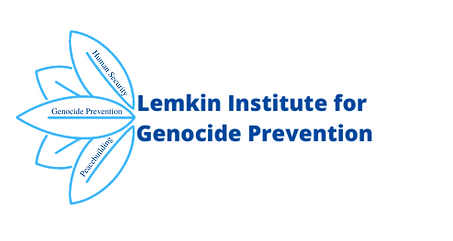 DISPLAY OF BIGOTRY AND BIAS FROM THE LEMKIN INSTITUTE
DISPLAY OF BIGOTRY AND BIAS FROM THE LEMKIN INSTITUTE
AVİM 14.06.2023 -
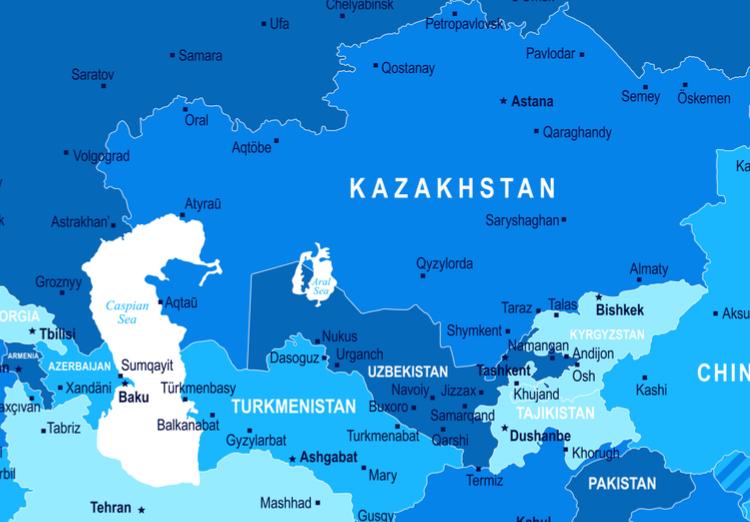 DOUBLE STANDARDS IN EU HUMAN RIGHTS DIALOGUE WITH CENTRAL ASIAN COUNTRIES RELEVANT TO ARMENIA
DOUBLE STANDARDS IN EU HUMAN RIGHTS DIALOGUE WITH CENTRAL ASIAN COUNTRIES RELEVANT TO ARMENIA
AVİM 16.04.2019 -
 OBITUARY: MAVERICK HISTORIAN AND TURKEY’S GREAT FRIEND NORMAN STONE PASSED AWAY
OBITUARY: MAVERICK HISTORIAN AND TURKEY’S GREAT FRIEND NORMAN STONE PASSED AWAY
AVİM 21.06.2019 -
AVIM HOSTED MEETING ON G20
AVİM 14.11.2013 -
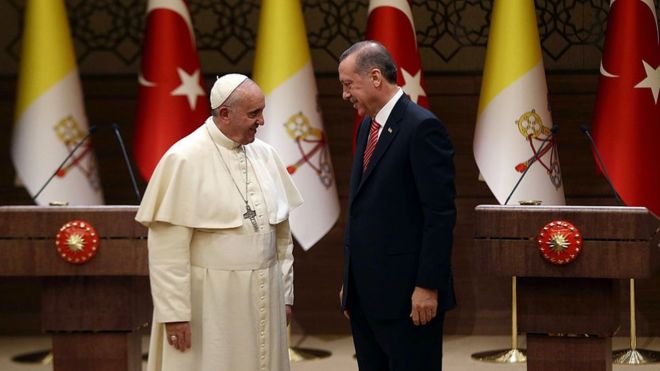 PRESIDENT ERDOĞAN AND POPE FRANCIS’ MEETING AT THE VATICAN
PRESIDENT ERDOĞAN AND POPE FRANCIS’ MEETING AT THE VATICAN
AVİM 02.02.2018
-
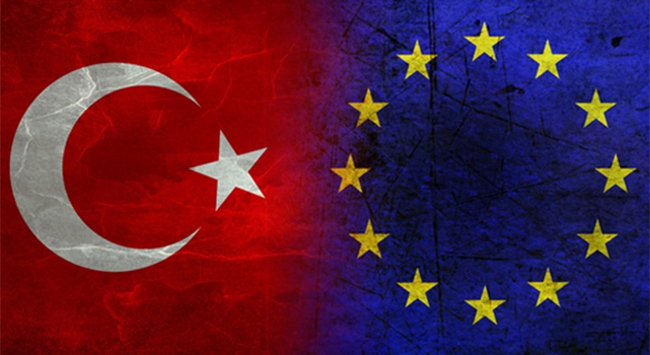 THE OTHER SIDE OF THE COIN
THE OTHER SIDE OF THE COIN
AVİM 15.03.2017 -
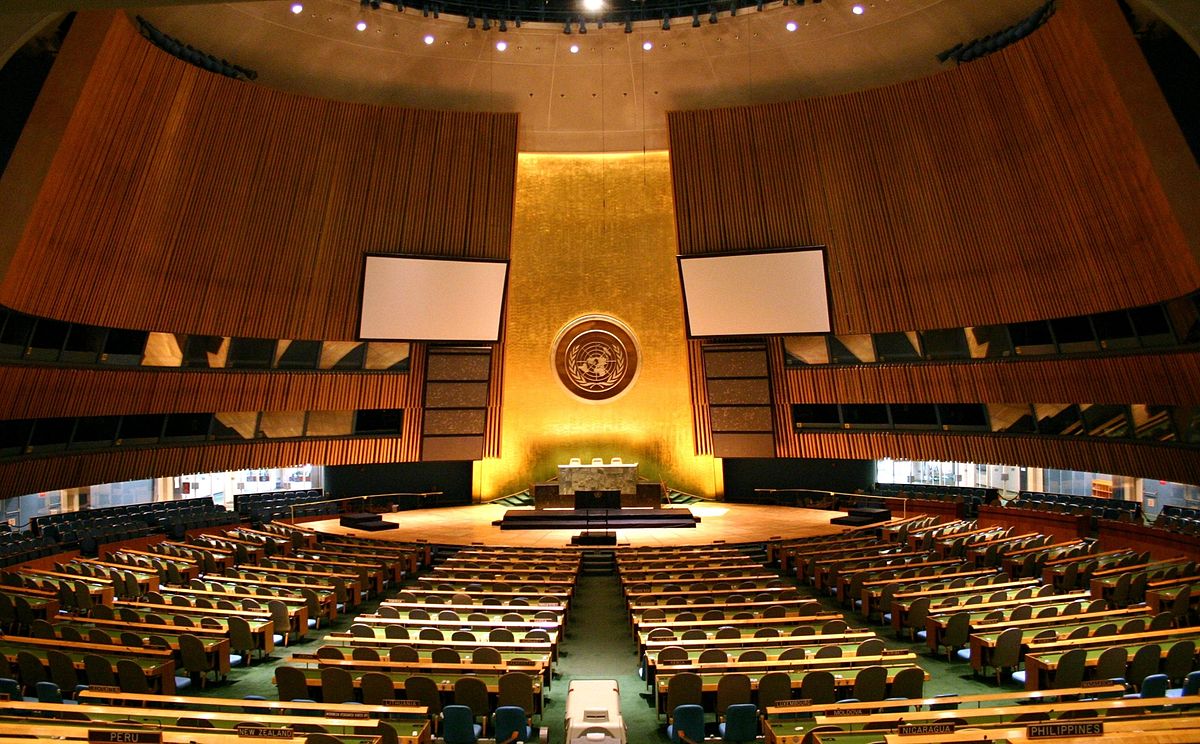 THE OPPOSITION AGAINST TURKEY IN THE ELECTION OF THE PRESIDENT OF UN GENERAL ASSEMBLY
THE OPPOSITION AGAINST TURKEY IN THE ELECTION OF THE PRESIDENT OF UN GENERAL ASSEMBLY
Tutku DİLAVER 26.06.2020 -
 IS THE RISE IN GLOBAL LNG SUPPLY AN OPPORTUNITY FOR TÜRKİYE?
IS THE RISE IN GLOBAL LNG SUPPLY AN OPPORTUNITY FOR TÜRKİYE?
Bekir Caner ŞAFAK 22.08.2025 -
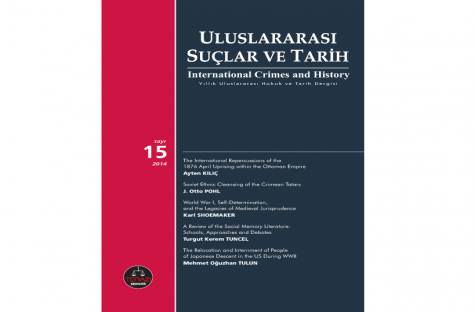 CALL FOR PAPERS - INTERNATIONAL CRIMES AND HISTORY SPECIAL ISSUE: CRIMEAN TATARS UNDER RUSSIAN IMPERIAL AND SOVIET RULES
CALL FOR PAPERS - INTERNATIONAL CRIMES AND HISTORY SPECIAL ISSUE: CRIMEAN TATARS UNDER RUSSIAN IMPERIAL AND SOVIET RULES
Turgut Kerem TUNCEL 08.08.2015 -
THE EUROPEAN UNION AND THE CAUCASUS
Alev KILIÇ 06.12.2012
-
25.01.2016
THE ARMENIAN QUESTION - BASIC KNOWLEDGE AND DOCUMENTATION -
12.06.2024
THE TRUTH WILL OUT -
27.03.2023
RADİKAL ERMENİ UNSURLARCA GERÇEKLEŞTİRİLEN MEZALİMLER VE VANDALİZM -
17.03.2023
PATRIOTISM PERVERTED -
23.02.2023
MEN ARE LIKE THAT -
03.02.2023
BAKÜ-TİFLİS-CEYHAN BORU HATTININ YAŞANAN TARİHİ -
16.12.2022
INTERNATIONAL SCHOLARS ON THE EVENTS OF 1915 -
07.12.2022
FAKE PHOTOS AND THE ARMENIAN PROPAGANDA -
07.12.2022
ERMENİ PROPAGANDASI VE SAHTE RESİMLER -
01.01.2022
A Letter From Japan - Strategically Mum: The Silence of the Armenians -
01.01.2022
Japonya'dan Bir Mektup - Stratejik Suskunluk: Ermenilerin Sessizliği -
03.06.2020
Anastas Mikoyan: Confessions of an Armenian Bolshevik -
08.04.2020
Sovyet Sonrası Ukrayna’da Devlet, Toplum ve Siyaset - Değişen Dinamikler, Dönüşen Kimlikler -
12.06.2018
Ermeni Sorunuyla İlgili İngiliz Belgeleri (1912-1923) - British Documents on Armenian Question (1912-1923) -
02.12.2016
Turkish-Russian Academics: A Historical Study on the Caucasus -
01.07.2016
Gürcistan'daki Müslüman Topluluklar: Azınlık Hakları, Kimlik, Siyaset -
10.03.2016
Armenian Diaspora: Diaspora, State and the Imagination of the Republic of Armenia -
24.01.2016
ERMENİ SORUNU - TEMEL BİLGİ VE BELGELER (2. BASKI)
-
AVİM Conference Hall 24.01.2023
CONFERENCE TITLED “HUNGARY’S PERSPECTIVES ON THE TURKIC WORLD"









